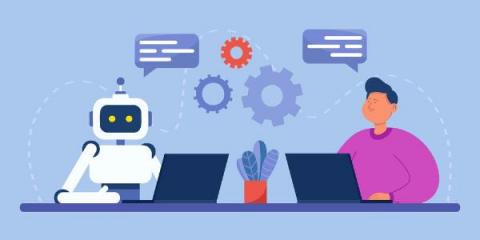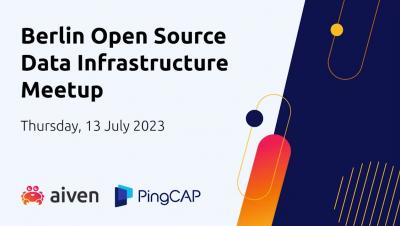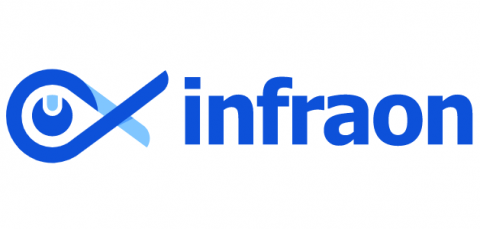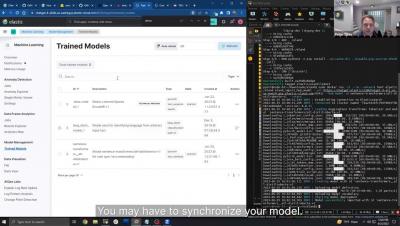Operations | Monitoring | ITSM | DevOps | Cloud
Technology
The latest News and Information on APIs, Mobile, AI, Machine Learning, IoT, Open Source and more!
AI in Customer Service: Revolutionizing the Helpdesk with 10 Cutting-Edge Examples
Crafting Prompt Sandwiches for Generative AI
Large Language Models (LLMs) can give notoriously inconsistent responses when asked the same question multiple times. For example, if you ask for help writing an Elasticsearch query, sometimes the generated query may be wrapped by an API call, even though we didn’t ask for it. This sometimes subtle, other times dramatic variability adds complexity when integrating generative AI into analyst workflows that expect specifically-formatted responses, like queries.
The Leading MLOps Tools
MLOps stands for Machine Learning Operations. MLOps refers to the set of practices and tools that facilitate the end-to-end lifecycle management of machine learning models, from development and training to deployment and monitoring. The primary objective of MLOps tools is to address the unique challenges associated with deploying and managing machine learning models in real-world scenarios.











